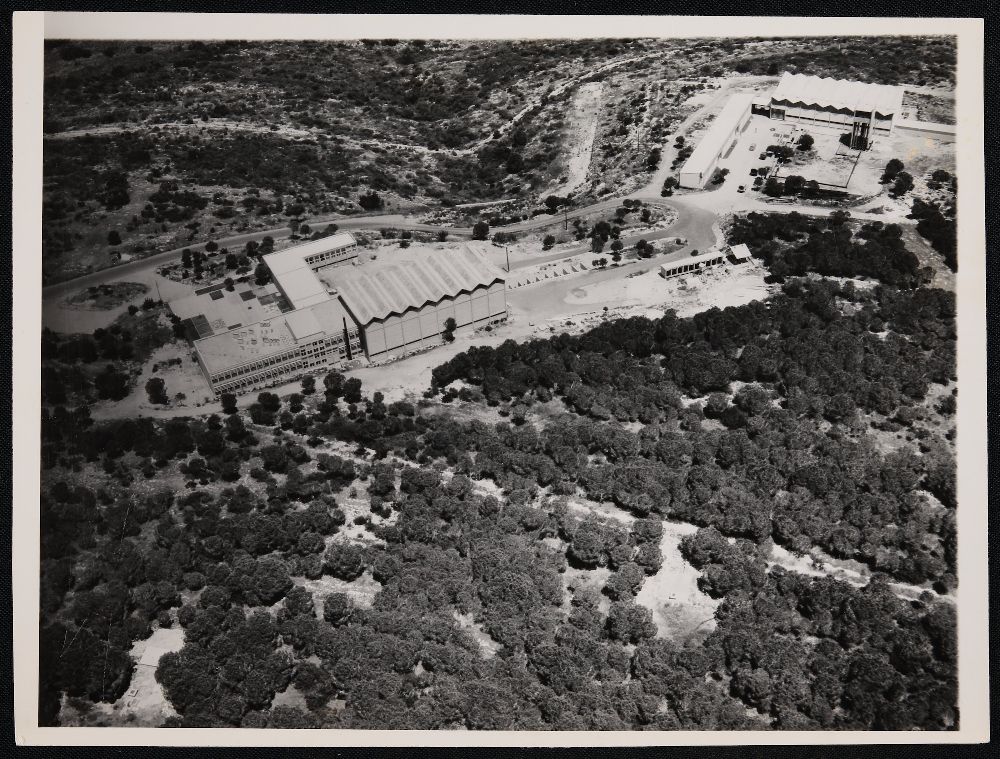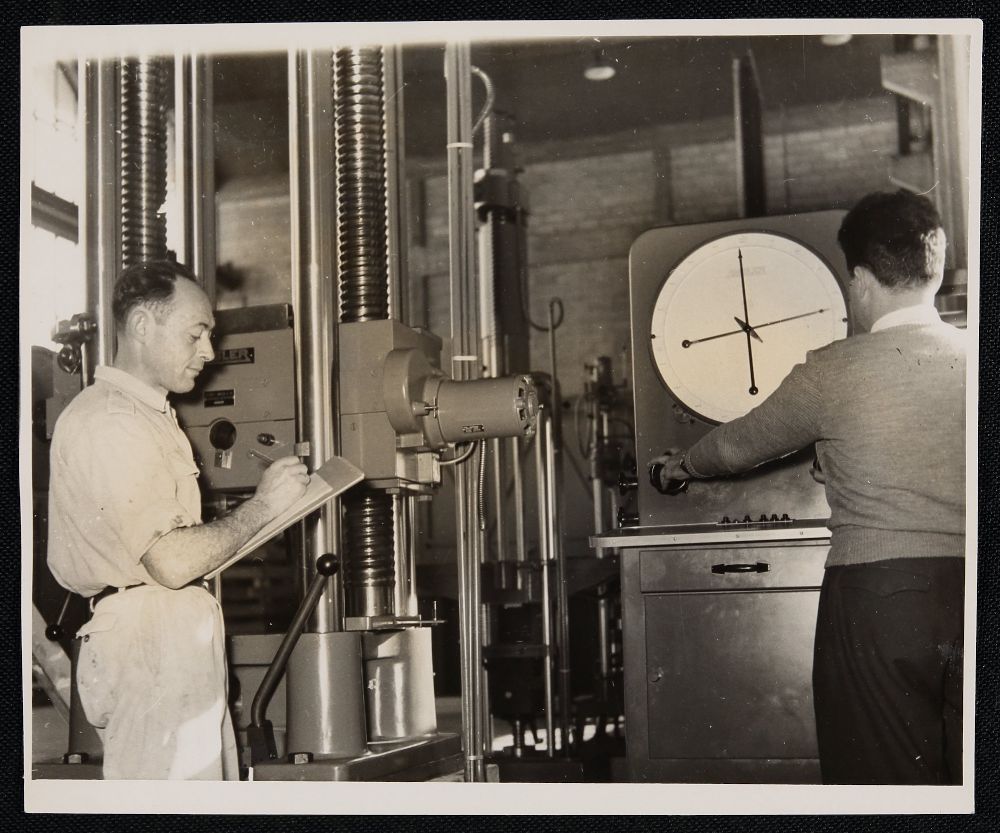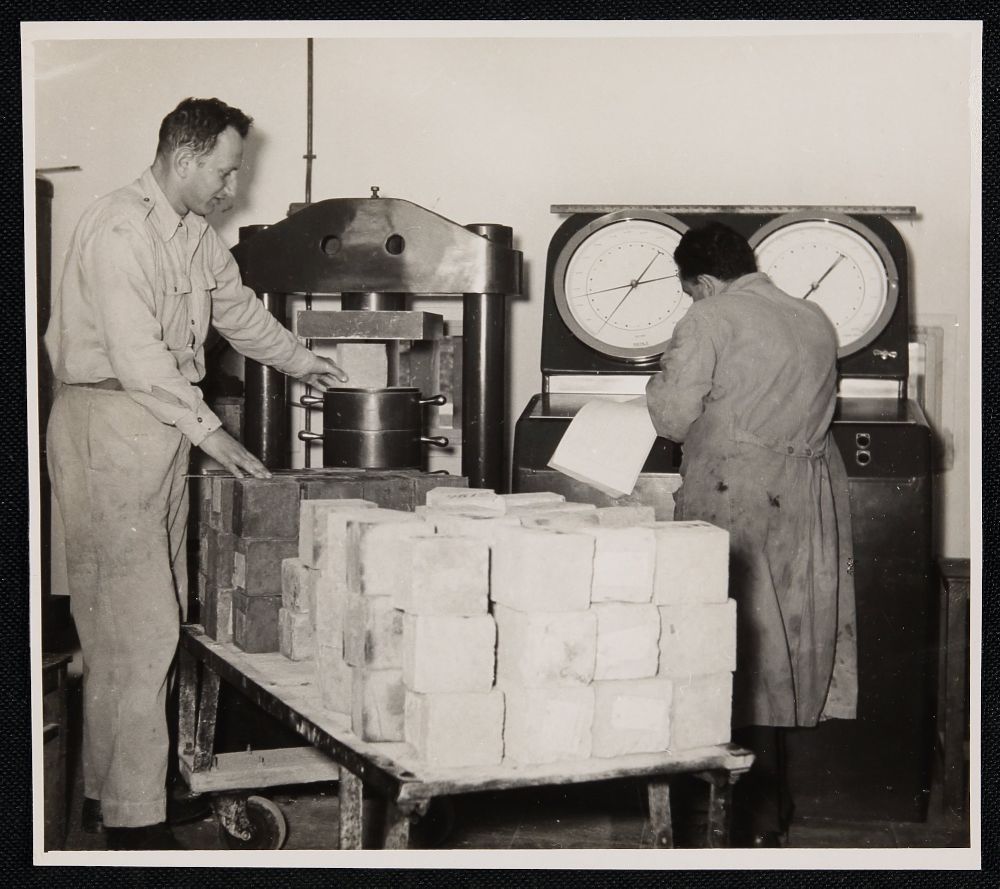The National Building Research Institute (NBRI) at the Technion was founded in 1952. NBRI is the research framework through which faculty members from the Technion’s Faculty of Civil and Environmental Engineering, who work in the various areas of building research, conduct their funded research. NBRI is dedicated to the promotion of state-of-the-art research intended to advance knowledge and tools in the wide range of topics relevant to a developed construction sector. Research activities include innovative theoretical and experimental research, and are conducted within the framework of Structural Engineering; Geotechnical Engineering; Building Materials, Performance and Technology; and Construction Management
As a national R&D center, NBRI contributes to:
- The enrichment and advancement of professional knowledge in the fields of construction,
- To formulation of national policies,
- To promotion and realization of new technologies,
- To development of solutions to complex engineering problems in the construction sector,
- To the dissemination of professional knowledge developed at the Institute
- Act as the official body responsible for the assessment and approval of innovative building systems.

Photographed between 1958-1960, photographer unknown
In 1952, a building research institute was established in the Faculty of Building Engineering (former name of the Faculty of Civil and Environmental Engineering), under the direction of the late Professor Rachel Shalon. This facility was named the “Building Research Station” after the prestigious British institute (BRS) engaged in similar activities. These were the first years of independence for the State of Israel, and the rapid population growth demanded unprecedented housing solutions and building volumes, that no other developed country had ever faced before. Industry professionals and construction companies needed superior technological knowledge to enable rapid and inexpensive construction of high quality and enduring safety standards. The Building Research Station (nicknamed ‘the Station’) became a leading authority in the construction industry, and its activities were carried out in close collaboration with the Ministry of Housing, other state agencies in the building industry, and construction companies. Station researchers engaged in research and development in all of the relevant civil engineering priority areas, mainly in the fields of building materials and technology, structural engineering, and construction quality, and explored various issues related to the suitability of building materials, technologies and design concepts to the climatic conditions and the local construction sector. These studies included, inter alia, aspects of casting and behavior of concrete in hot climates, corrosion of reinforced concrete, specific problems in the design of reinforced concrete structures, design for moisture control and mold prevention, natural ventilation, as well as construction equipment and advanced construction technologies. The knowledge generated and accumulated by Station researchers was made public to the professional community through research reports and professional leaflets named “B'Sdeh HaBniya” (Hebrew for: “In the Construction Field”) that included a summary of the research outcomes and conclusions, emphasizing empirical aspects.
In the 1960s, first steps were taken to industrialize construction in Israel. The Building Research Station was recruited by the Ministry of Housing to explore and examine all safety, performance and constructability aspects of the new technologies, to help entrepreneurs improve the technology's details to better suit the local conditions, and to prepare a detailed Preliminary Technical Opinion for each new technology when its details satisfied all requirements.
In the 1970s, owing to the significant progress in the building industry in Israel, the activities at the Building Research Station expanded, opening up new professional fields and research such as construction economics and management, and building physics (climate control, energy conservation and acoustics), all of which later became part of the academic curriculum at the Faculty of Civil Engineering and the Faculty of Architecture of the Technion.
In recognition of its unique position as a leading professional research body in Israel for decades, in 1988, during the term of Professor Abraham Warshawsky as its Head, the Building Research Station became the National Building Research Institute (NBRI). This came as a joint decision by the Israeli Government, the Ministry of Construction and Housing, and the Technion. The agreement read: An agreement by the Government of Israel, the Ministry of Construction and Housing, and the Technion - Israel Institute of Technology has been reached to establish the National Building Research Institute at the Technion, an Institute that will serve as a national center in the research, development and training of professional personnel in the fields of construction, and will assist in promoting modern technologies and provide assistance in the formulation of national construction policies and share Israeli knowledge in this area abroad. In 1994 this document was revised to include the following wording: It has been further agreed between the parties ….....on the continued operation of the National Building Research Institute, which forms the national center in the fields of research, ......
In response to the Versailles Wedding Hall tragic collapse that occurred in 2001, the Government of Israel passed a resolution (No. 899) on November 11, 2011 that states that there is a must to regulate the control of new building systems introduction into the Israeli construction market, and to enforce that only tested and approved methods will be used. This decision charged the Ministry of Construction and Housing with the task of appointing the NBRI at the Technion to act as the regulatory body responsible for assessing new building systems, and asserts that there is a need to regularize the continuity of the assessment body activities as well as the NBRI function as a national institute dedicated to advancing the engineering research in the construction sector. In 2003, while still handling the formal administration of this appointment, a new agreement was signed between the Government of Israel, the Ministry of Construction and Housing, and the Technion to fortify and support the position of the National Building Research Institute, ….., to act as the regulatory body for assessing new building systems, and to propose solutions to complex engineering problems in the construction sector. Regularization of the activities of the assessment body was finally realized in 2014 with the signing of the Framework Agreement for four years.
NBRI and the Building Systems Evaluation and Approval Unit (BSEU) that acts within it, are currently operating under the Framework Agreement signed in 2014, which determines the objectives of the agreement: In accordance with the governmental resolution No. 899 from November 11, 2001, which charged the Minister of Construction and Housing to appoint the National Building Research Institute (NBRI) to act as the assessing body for new building systems …, and for this purpose a Building Systems Evaluation and Approval Unit was established within the National Building Research Institute …; and inasmuch as the government’s decision states that there is a need to regularize the status of NBRI as the entity promoting engineering research in the field of construction, its operation and continuity of its work; and whereas the Ministry of Construction and Housing is interested, among other things, to carry out engineering research in the field of construction and in its practical application in the construction sector; and inasmuch as the Ministry of Construction and Housing expresses interest in promoting and assessing new construction technologies and their practical implementation, as well as in solving specific problems in the construction sector, and the Institute's tasks within this framework:
- Evaluation and approval of new building systems and carrying out the follow up on their application through the BSEU, which will serve as an assessment body as set by the government…
- Research and development and the establishment of the professional research infrastructure in all areas concerning the construction sector, in order to advance building research as well as the promotion of new technologies.
- Assist in the formulation of multi-year programs in the field of construction. Contribute to finding solutions to immediate engineering problems in the building sector, which are in NBRI’s areas of expertise.
- Facilitate the dissemination of knowledge by promoting an advanced professional infrastructure.
- Carry out other tasks falling under the expertise of NBRI, in accordance with requests by the Ministry of Construction and Housing and consent of NBRI.

January 1958, Photographer Gedalia Anoshi

January 1958, Photographer Gedalia Anoshi
In addition to its strong link with the Ministry of Construction and Housing and carrying out research sponsored by this Ministry, NBRI pursued activities in other professional fields as well. Since its establishment, the Institute conducted theoretical and laboratory state-of-the-art research that was sponsored by various governmental agencies (including the Ministry of Defense, The Ministry of Energy and Water Resources, the Ministry of Economy, the Ministry of Environmental Protection, etc.), a range of public bodies (including The Cement Fund, The Israel Roads Company, The Insurance Association, The Association of Concrete Manufacturers, The Israel Builders Association, etc.), as well as private entities (such as construction companies, construction industries, building material manufacturers, etc.). The strong links between the institute and the Israeli construction sector developed since the early days of the Building Research Station through the active involvement of its members in various professional frameworks and by serving as experts and as representatives of the Technion and NBRI (in standards committees, national steering committees, professional associations, national conferences and seminars, etc.) and continues till today – as detailed on this website. In addition, the Institute has been involved, since its earliest “Station” days, in promoting building research on an international scale through the activities of its members in international professional associations and in organizing international seminars and conferences in Israel.

